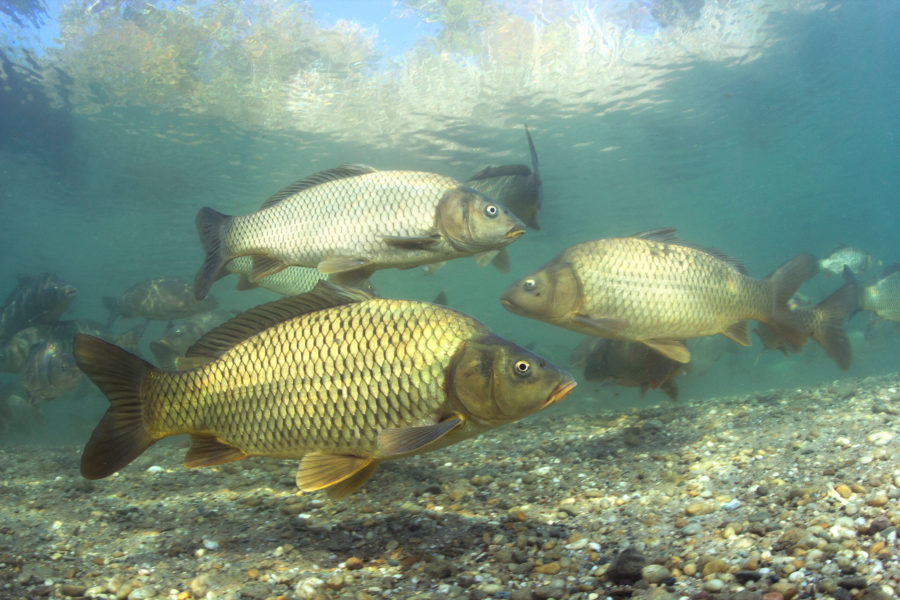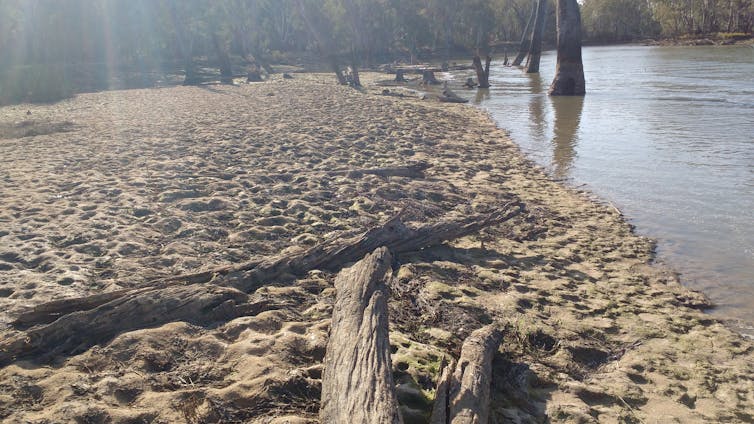In this article, cessationism refers to the doctrine, practice or belief that the ascension ministry gifts and the manifestations of the Holy Spirit ceased with the early church and do not function in the present church age (Eph. 4:11-16; 1 Cor. 12: 4-11).
The charismatic and Pentecostal world believes in all the gifts of the spirit and in hearing God’s voice. Various terms are used to describe these manifestations: “revelation” and “illumination.” On the other hand, there are evangelical rationalists, who are, in function and theology, “cessationists.” Whether Pentecostal or a non-charismatic evangelical, you may be a functional cessationist if you don’t practice or experience divine spiritual phenomena. The term “evangelical rationalist” describes a person who believes in all the cardinal truths of the Scriptures but denies the practice of certain manifestations of Holy Spirit phenomena in the contemporary church (1 Cor. 12:4-11).
These believers “demystify” the Scriptures and have an enlightenment framework in which all biblical truth is verified through the grid of their rational minds and understanding. Of course, as true Christians, they are inconsistent in their anti-supernatural view. This is because salvation itself, the point of translation for every believer, hinges on faith and the profession of the Lordship of Christ and His historical and supernatural resurrection. This results in a supernatural conversion experience (Rom. 10:9-10; 2 Cor. 5:17).
The following are seven types of functional Cessationists:
1. Cessationism Regarding Ephesians 4:11 Ministry Gifts – Whether you or your denomination classify as charismatic, if there exists no belief in or embrace of the practical function of the ministry gifts listed in Ephesians 4:11, then you or they are cessationists concerning these.
2. Cessationism Regarding Hearing the Voice of God – If you do not believe that God can subjectively communicate to you outside of the written Word of God or that He has ceased doing so since the completion of the canon of Scripture, you are a cessationist. Whether you describe divine communication as an “illumination,” (God impressing something upon your heart), or a “revelation,” (God speaking to you), it is all the same experience.
Evangelical rationalists take Scriptures like 1 Corinthians 13:10 to mean the completion of the canon of Scripture. (The 39 books of the Old Testament and the 27 books of the New Testament). Thus, when somebody claims “God spoke to them,” rationalists believe it is adding to the Word of God or the final canon of Scripture. (They use Revelation 22:18-19 to support their argument.)
They believe this, even though a proper exegesis of 1 Corinthians 13:10 shows that Paul was not talking about the final canon of Scripture but rather was referring to the saints seeing Jesus “face to face” in heaven. (1 Cor. 13:12; 1 John 3:2).
Furthermore, in the context of this verse, Paul said he would “know fully even as he was fully known.” Since he died before the book of Revelation was written, he could not have been speaking about canon completion but rather he was referring to going to heaven. In addition, the context of 1 Corinthians 13:10 also shows that “knowledge” will pass away, not just tongues and prophecies. Do any of these evangelical rationalists genuinely believe that our present-day need for “knowledge” no longer exists?
3. Cessationism Regarding the Gift of Prophecy – Doctrinally, Pentecostals and charismatics claim they believe in the gift of prophecy. (First Corinthians 14:31 says that “all may prophesy” so that the church may be edified. You can also see 1 Corinthians 14:4).
However, if members in such Pentecostal and charismatic churches never practice this gift in their gatherings, it is reasonable to classify them as functionally cessationist toward prophecy.
4. Cessationism Regarding the Practice of Glossolalia – Many leaders in the Pentecostal movement say that some of their young pastors and members in their contemporary churches do not practice “speaking in tongues” for personal edification (1 Cor. 14:2-4). Those who don’t pursue, receive and practice this spiritual gift, aside from the Pentecostal classification, are functionally cessationists (1 Cor. 14:18, 1 Cor. 39-40).
5. Cessationism Regarding Divine Healing – The Gospels and New Testament writings encourage believers to pray for the sick by faith for supernatural healing (Mark 16:15-18; Luke 10:1-9; John 14:12; James 5:13-15; Acts). Despite this New Testament chronicled practice, many Pentecostals and charismatics rarely pray effectively for the sick. Consequently, they are functional cessationists when it comes to divine healing.
6. Cessationism Regarding the Expelling of Demons – Jesus made it clear that believers have authority over demons in His name. (Luke 10:17-20; James 4:7). Despite this, many charismatic Pentecostal believers are spooked out when casting demons out of people. This practice, sometimes called “deliverance,” should not be the special unique calling of any one person or church, but should be part of the spiritual arsenal of all believers as the need arises. Setting the captives free is one of the essentials of the Gospel (Luke 4:18). In this area, those who never engage in the expelling of demons are functional cessationists.
7. Cessationism Regarding Experiential Hermeneutics – Being trained in the historical/grammatical method of biblical interpretation enables me to properly discover the author’s original intent when they were inspired to write the sacred, canonical text. However, if the Holy Spirit is not allowed to give further insight into the practical application and understanding of the Scriptures, this would be a form of hermeneutical cessationism. After all, the Holy Spirit has come to guide us into all truth and is our primary Teacher (John 14:26, 1 John 2:27). For more recommended reading on this subject, refer to Dr. Craig Keener’s book, “Spirit Hermeneutics.”
In conclusion, my prayerful aim is to encourage all believers, irrespective of their classification, to pursue and allow the fullness of the Holy Spirit to flow through their lives, and in their local church so that all may become more effective witnesses of Christ (Acts 1:8). Examine the Scriptures and be bold as you respond to apostolic instruction (1 Cor. 14:1). Pursue, love and desire spiritual gifts, and especially that you may prophesy.
Dr. Joseph Mattera is an internationally-known author, consultant and theologian whose mission is to influence leaders who influence culture. He is the founding pastor of Resurrection Church, and leads several organizations, including The U.S. Coalition of Apostolic Leaders and Christ Covenant Coalition. Dr. Mattera is the author of 13 bestselling books, including his latest “The Purpose, Power and Process of Prophetic Ministry,” and is renowned for applying Scripture to contemporary culture.
 A school of common carp (Cyprinus carpio). Image credit: shutterstockExploding carp numbers are ‘like a house of horrors’ for our rivers.
A school of common carp (Cyprinus carpio). Image credit: shutterstockExploding carp numbers are ‘like a house of horrors’ for our rivers.





